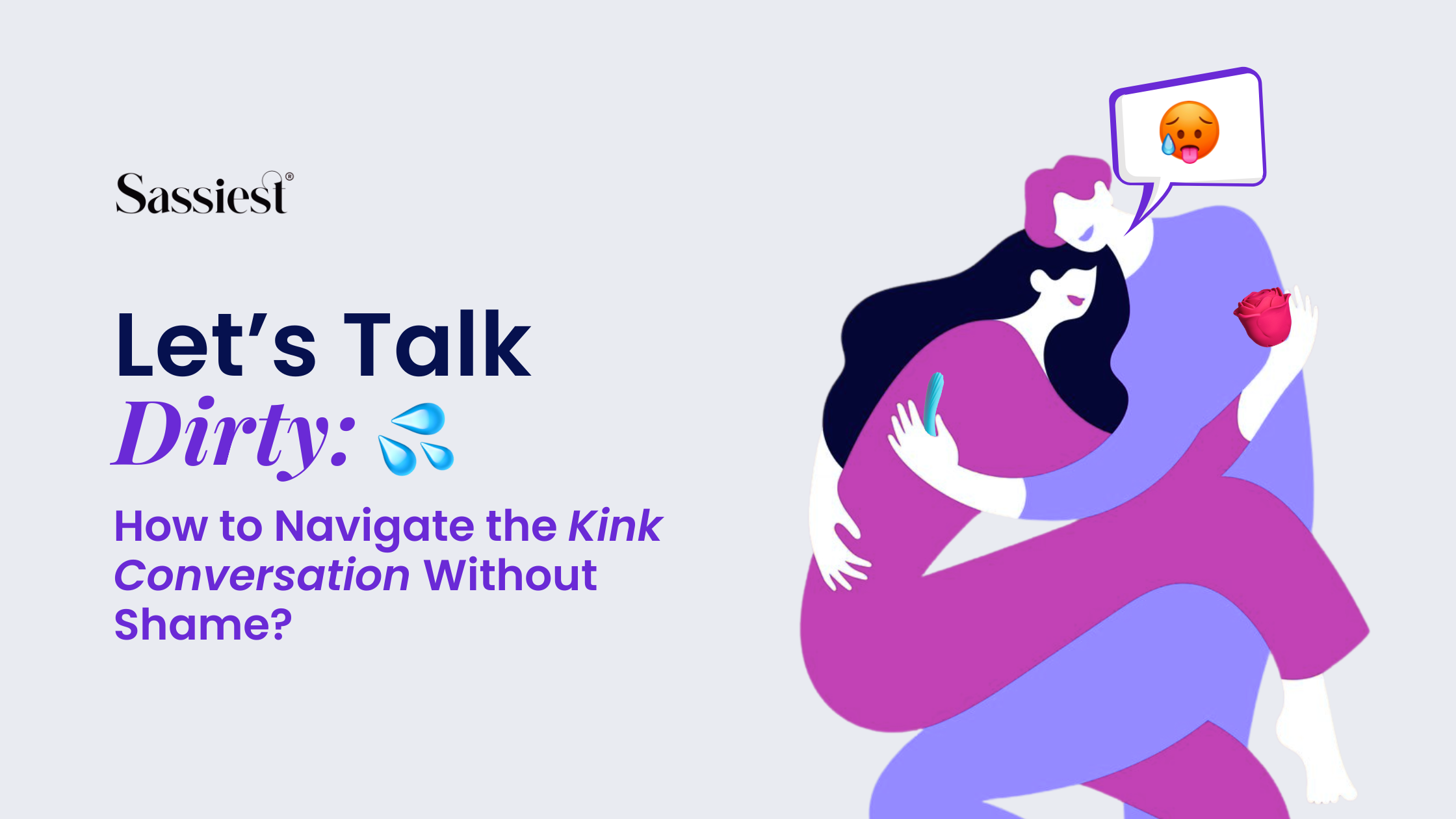There have been several such instances in the past, but the recent one is not only heartbreaking but, alarming. A 27-year-old woman from Mumbai had an abrupt heart attack recently. She was young. She had no history of smoking, alcohol, or major lifestyle triggers. What she did have was PCOS, and she was taking birth control pills.
This tidal wave is rippling through the women’s health community, and deservedly so, because beneath the surface of this tragedy lies a larger, more pressing question: Are women being adequately warned about the long-term cardiovascular risks of the PCOS-contraceptive pill combination?

At Sassiest, we’re all about body literacy, choice, and care that’s rooted in truth and not silence. Let’s break down what this means for you and your health.
Firstly, What Is PCOS?
Polycystic Ovary Syndrome (PCOS) is a hormone-related problem, and it is one of the most common health issues in women in India, with a rate of ~15 to 20%. Symptoms may include irregular periods, excess hair growth, weight changes, acne, insulin resistance, and mood changes. This super widespread condition is some sort of whirlwind of craziness that can leave women feeling wild, confused, abandoned, or a little bit broken.
Also, even if these women need to get to the doctors’ office, the health doctors usually have a script for that: the birth control pills (OCPs) are preferred as first-choice treatment in these women. These pills regulate menstrual cycles and reduce symptoms. But, they don’t treat the root cause of PCOS. And sometimes, they come with risks no one talks about.

Oral contraceptive pills contain synthetic hormones, mainly estrogen and progestin. Estrogen can increase the risk of blood clots by making the blood thicker and slowing its flow. In women with PCOS, this is especially concerning because PCOS itself raises the risk of high blood pressure, insulin resistance, high cholesterol, and chronic inflammation.
These underlying issues, when combined with the effects of hormonal pills, can put immense strain on the heart. In rare but real cases like the recent one in Mumbai, it can even lead to heart attacks or strokes.
Why Aren’t We Talking About This?
Are you one of those women who are legit wondering why we aren’t talking about this major issue that puts an uncountable number of women at risk every day? Well, it’s fairly obvious, isn’t it? This is because women’s health is still treated with a frustrating mix of silence and gross oversimplification.
In fact, if you have been suffering from PCOS, there’s a chance you might have been told, “Just take the pill, it’ll balance your hormones.” But that’s not the whole story. They don’t even think we deserve to know everything there is to know. The reality is that oral contraceptives can be helpful, but they aren’t a one-size-fits-all solution, especially for those with complex hormonal or metabolic conditions like PCOS.
What’s missing from this equation is informed choice. Too many women take these pills without being fully aware of the risks or without proper monitoring of heart health indicators. So, why don’t we make sure that we have all the information that we possibly can?

So, What Can We Do?
This isn’t a call to panic; it’s a call to pause, reflect, and take control of your health journey. Wondering how to do that? Well, we’ve undoubtedly got you covered.
- Talk to a specialist: Preferably someone who understands hormonal and cardiovascular health together. Ask about your risk levels before starting or continuing birth control.
- Know your numbers: Track your blood pressure, lipid profile, glucose levels, and inflammation markers regularly.
- Explore sustainable solutions: Lifestyle changes, nutrition, supplements, and doctor-guided natural options can go a long way in managing PCOS without added risk.
- Don’t self-prescribe: Even if a friend swears by a pill, what works for her body may not be safe for yours.
It’s important to know that women’s health deserves truth, transparency, and trust.
So, why don’t we just stop normalising silence and start demanding better care? After all, your body isn’t a mystery to be managed; it’s a system to be understood and respected.





